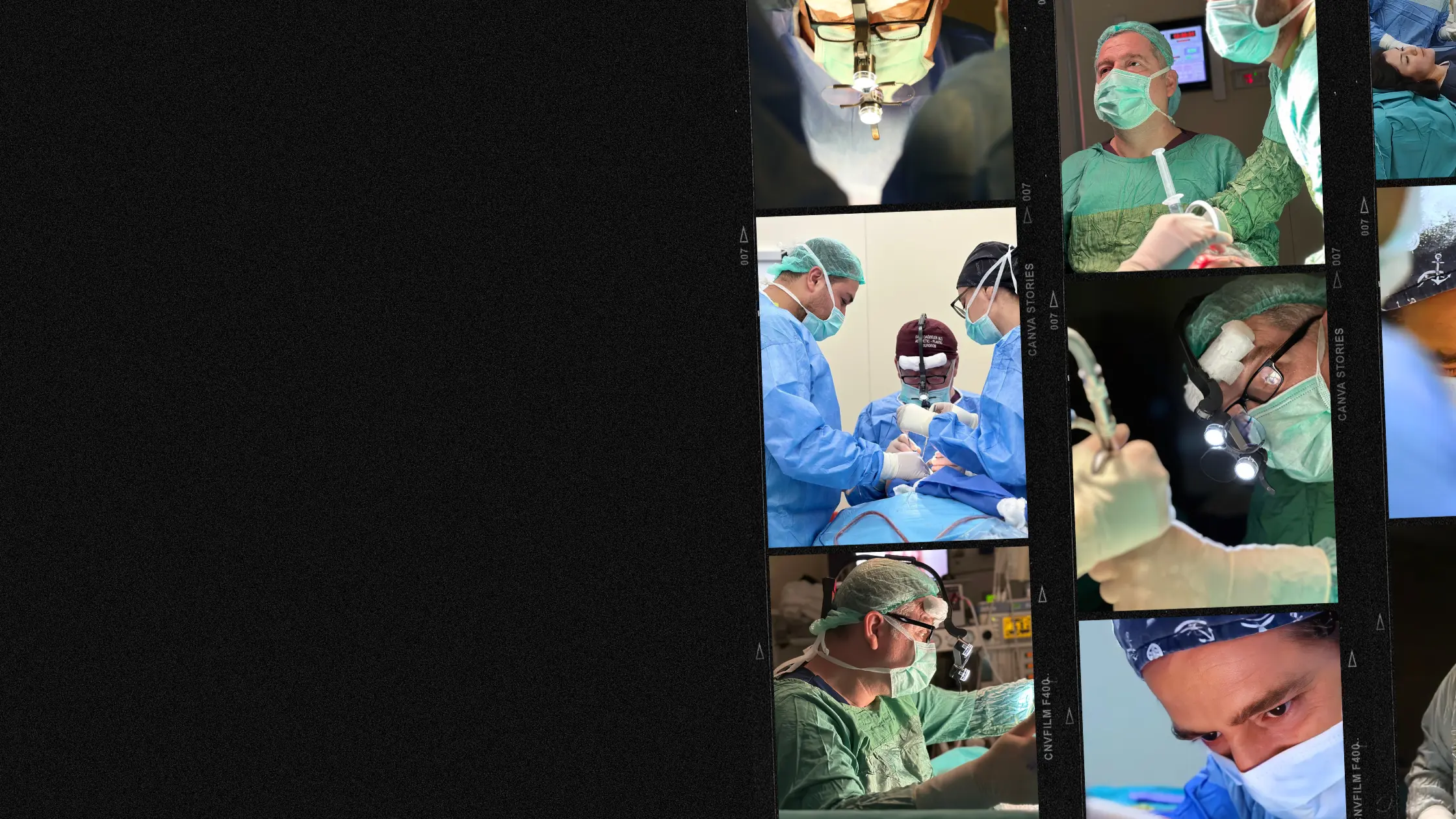Face Lift Bruising: How Long Will It Last?
Undergoing a face lift is a significant decision, and understanding the recovery process, particularly the duration of bruising, is crucial for patient satisfaction and preparation. Bruising is a common post-operative symptom, but its length and severity can vary. This article delves into the determinants and duration of bruising after a face lift procedure.
Introduction to Face Lift Surgery
A face lift, or rhytidectomy, is a surgical procedure aimed at reducing the visible signs of aging in the face and neck. By removing excess skin, tightening underlying tissues, and redraping the skin on the face and neck, patients achieve a more youthful and refreshed appearance. However, like any surgery, it involves some degree of bruising and swelling.
Understanding Post-Operative Bruising
Post-operative bruising occurs when blood vessels underneath the skin are damaged during surgery, leading to blood pooling around the tissues. This results in discoloration, which can range from light yellow to deep purple. The extent and duration of bruising can be influenced by various factors.
Factors Influencing Bruising
Several factors can impact the extent and duration of bruising post-face lift surgery:
- Individual Physiological Differences: Some individuals naturally bruise more easily due to genetic predispositions or skin type.
- Surgical Technique: Minimally invasive techniques generally result in less bruising compared to traditional face lift methods.
- Surgeon’s Skill: The expertise and precision of the surgeon play a critical role in minimizing tissue damage and subsequent bruising.
- Patient’s Health and Medications: Patients taking anticoagulants or those with certain health conditions may experience more pronounced bruising.
- Aftercare: Proper post-operative care, including the use of cold compresses and head elevation, can significantly reduce bruising.
Duration of Bruising
The duration of bruising after a face lift can vary widely among patients, but generally follows a predictable timeline:
| Time Frame | Bruising Characteristics |
|---|---|
| 1-2 Days Post-Surgery | Bruising is most intense, with dark purple or blue discoloration. |
| 3-7 Days Post-Surgery | Bruising begins to fade to green, yellow, or brown as the body reabsorbs the blood. |
| 2-3 Weeks Post-Surgery | Significant reduction in bruising, though residual discoloration may persist. |
| 4-6 Weeks Post-Surgery | Most bruising should be gone, with only minor residual discoloration. |
Minimizing Bruising: Pre and Post-Operative Tips
While some bruising is inevitable, there are strategies to minimize its severity and duration:
Pre-Operative Tips
- Avoid Blood Thinners: Patients should refrain from using aspirin, ibuprofen, and other blood-thinning medications at least two weeks prior to surgery.
- Stop Smoking: Smoking can impair healing and increase bruising; it’s recommended to quit several weeks before the procedure.
- Vitamin Intake: Certain vitamins like Arnica and Bromelain might help reduce bruising.
Post-Operative Care
- Cold Compresses: Applying cold packs can help reduce swelling and bruising in the initial days post-surgery.
- Head Elevation: Keeping the head elevated while sleeping can reduce blood pooling in the face and thus minimize bruising.
- Hydration and Nutrition: Maintaining a well-balanced diet and staying hydrated can promote faster healing and reduce bruising.
- Avoid Strenuous Activities: Patients should avoid intense physical activities for at least two weeks post-surgery to prevent exacerbation of bruising.
When to Seek Medical Attention
While bruising is a normal part of the recovery process, certain signs may indicate complications and warrant medical attention:
- Severe pain that does not improve with prescribed medication.
- Excessive swelling or bruising that worsens instead of improving.
- Signs of infection such as redness, warmth, or discharge at the incision site.
- Shortness of breath or chest pain, which could indicate a more severe complication.
Conclusion
Bruising after a face lift is a common and expected part of the recovery process. Although it can be concerning, understanding its causes, duration, and management strategies can alleviate much of the anxiety associated with post-operative care. With appropriate pre-operative preparation and diligent post-operative care, patients can significantly reduce the extent and duration of bruising, ensuring a smoother recovery and more satisfying results.
If you’re considering a face lift or any other aesthetic procedure, we invite you to schedule a consultation with Op. Dr. Fatih Dağdelen at Dora Hospital. Our team is dedicated to providing you with comprehensive care and optimal results.
To make an appointment, please visit our appointment page or contact us via WhatsApp at +90 507 178 17 79.


